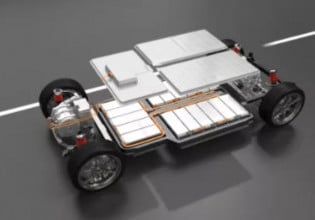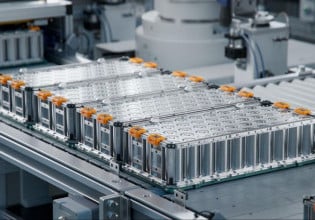Saft has been chosen by the Electrical Power Systems Division, Naval Air (NAVAIR) Systems Command, Air 4.4.4 to develop leading edge, lithium ion (Li-ion) cells and batteries for use in the Joint Unmanned Combat Aerial System (J-UCAS).
"This contract from NAVAIR will result in a next-generation system that stretches the technology to new limits suitable for application on J-UCAS and other aircraft," said Dr. Khushrow Press, CEO Saft America. "This project, coupled with the recent contract wins for Li-ion batteries used to power the Global Hawk RQ-4B and the F-35 Joint Strike Fighter, positions Saft as the leader in lithium ion batteries for military aviation."
The first phase of the contract is valued at $1.6 million. The overall contract value is $3.8 million. The Aviation Group at the Saft America facility in Valdosta, Georgia will carry out this project.
The J-UCAS program is a joint Defense Advanced Research Projects Agency (DARPA) Air Force-Navy effort to demonstrate the technical feasibility, military utility and operational value of a networked system of high performance, weaponized unmanned air vehicles to effectively and affordably prosecute 21st century combat missions, including suppression of enemy air defenses (SEAD); electronic attack (EA); precision strike; surveillance/reconnaissance; and persistent global attack within the emerging global command and control architecture. The operational focus of this system is on those combat situations and environments that involve deep, denied enemy territory and the requirement for a survivable, persisting combat presence.
Saft will develop a cell and battery specifically optimized for the J-UCAS application that is smaller in size and lighter than current Li-ion technology, and that has improved self-discharge characteristics and improved low temperature performance. The cell will be of a wound prismatic construction to optimize volume and maintain the superior quality and reliability of wound or spiral electrode construction. The optimized battery will include a composite case and cover for lighter weight and higher durability.
"Saft is excited and pleased to have been selected to develop and provide Li-ion batteries to the premier J-UCAS system. Saft looks forward to the challenges of expanding the limits of Li-ion performance for a leading edge, advanced-technology military aircraft," said Gary McMillan, Saft contract and program manager.






